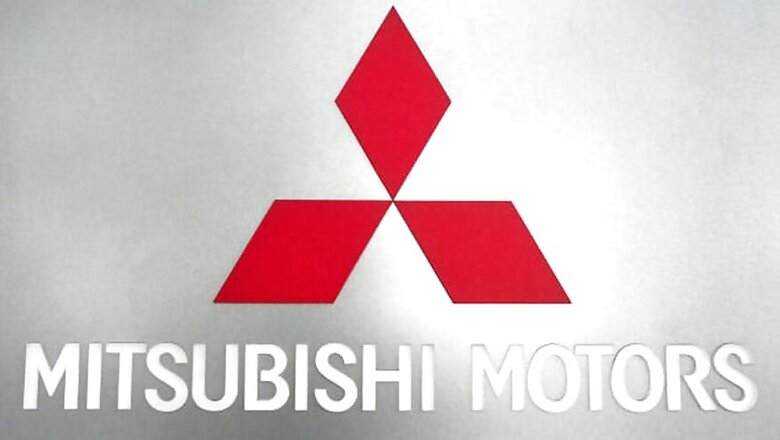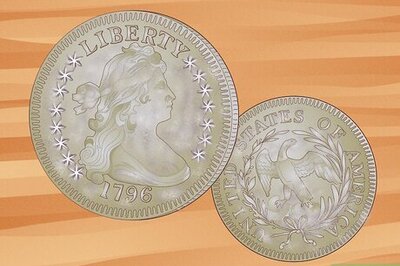
views
The revelation that Mitsubishi has been massaging its fuel economy test figures since 1991 has sent the company's stock crashing and left people around the world confused and concerned as to whether or not their car could be affected.
However, the company has officially confirmed that all Mitsubishi-brand vehicles sold in the US and Europe fully comply with those countries' testing procedures.
"After a thorough review of all 2013MY-2017MY vehicles sold in the United States, we have determined that none of these vehicles are affected," the company said in a statement. "Our findings confirm that fuel economy testing data for these US market vehicles is accurate and complies with established EPA procedures."
Despite the market launch of the world's first connected and semi-autonomous cars, 2016 is in danger of being remembered as the year of car companies cheating on emissions and fuel economy figures.
Volkswagen's "dieselgate" scandal, whereby software was used to "ace" efficiency and emissions tests, rolls on and in recent months a number of other European marques, from BMW and Mercedes to Renault, have been accused of potentially fudging figures. However, to date, no corroborating evidence has been found.
On April 20, Mitsubishi admitted that it had been "mishandling" fuel economy tests for 25 years but that the cheating was limited to cars destined for the Japanese market. The models in question are the Mitsubishi eK Wagon, eK Space and the Nissan Dayz and Dayz Roox (two cars it builds on Nissan's behalf).
What makes the situation worse is that the 625,000 cars involved are 'Kei' cars -- vehicles built specifically to meet Japan's very stringent weight, size and fuel economy criteria and therefore qualify for lower taxation.
An independent investigation is taking place and its findings will be made public. Mitsubishi is also working closely with the Japanese government to, in the company's words, "fully review the implications of this issue, and to discuss potential resolutions."
Those resolutions could include refunding drivers or paying their increased taxes if the cars they own no longer meet 'Kei' car criteria when fuel economy tests are retaken.


















Comments
0 comment